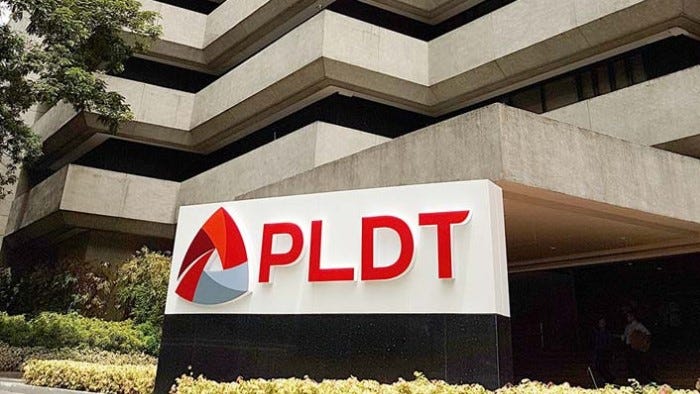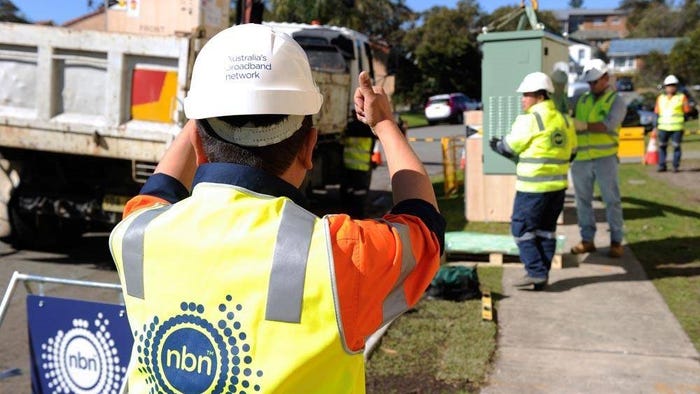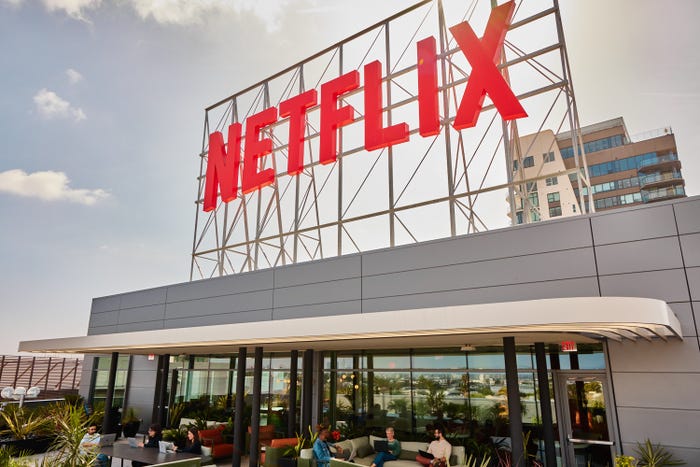Buildings in central Brussels, Belgium.
5G
Eurobites: Proximus adds to its 5G spectrum treasure chestEurobites: Proximus adds to its 5G spectrum treasure chest
Also in today's EMEA regional roundup: Ofcom publishes research on adults' and children's online behavior; Elisa releases interim Q1 results; Telefónica centenary celebrations continue with a royal cameo.
Subscribe and receive the latest news from the industry.
Join 62,000+ members. Yes it's completely free.













































